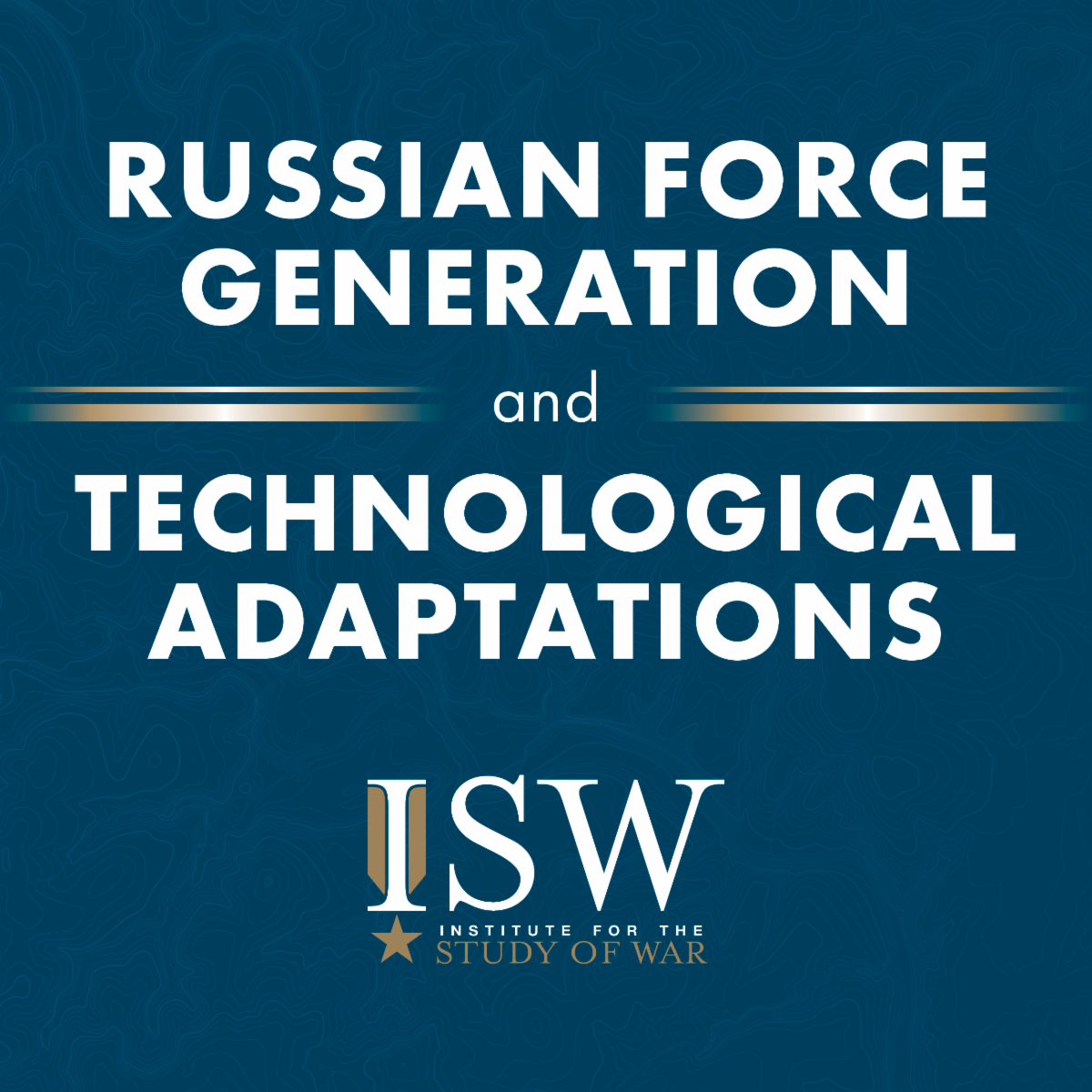Russian President Vladimir Putin continues to prioritize leveraging migrants to mitigate ongoing labor shortages, despite ongoing complaints from Russian ultranationalists advocating for the Kremlin to impose harsher restrictions on migrants. Putin on April 28 extended the deadline for migrants who entered Russia illegally to apply for legal status or leave Russia from April 30 to September 10, 2025. Putin initially signed the decree setting the deadline on December 30, 2024. Migrants can obtain legal status by submitting to a series of health screenings; passing a Russian language, history, and legal exams; and paying off all debts, or by signing a military service contract with the Russian Ministry of Defense (MoD). Russia is reportedly suffering a labor shortage of 1.5 million people due to its war in Ukraine. Putin likely does not want to exacerbate ongoing labor shortages with arbitrarily imposed deadlines that will further restrict migrants from contributing to the Russian economy, given that a significant number of migrants work in consumer services, construction, delivery, and other low-skilled industries. Putin's migrant policies notably contradict his efforts to appease the ultranationalist crowd that has been increasingly calling for Putin to take harsher measures against migrants in Russia.
Key Takeaways:
- Russian President Vladimir Putin continues to prioritize leveraging migrants to mitigate ongoing labor shortages, despite ongoing complaints from Russian ultranationalists advocating for the Kremlin to impose harsher restrictions on migrants.
- Russian President Vladimir Putin once again reaffirmed the Kremlin's commitment to avoiding declaring an involuntary mobilization call-up.
- The Russian Airborne Forces continue recruiting volunteers to staff the BARS-Sarmat Unmanned Systems Special Purpose Center.
- Putin reportedly signed an amendment that allows for the demobilization of a limited number of Russian servicemen who were illegally mobilized in September 2022.
- The Russian MoD recently intensified recruitment into the state-controlled Africa Corps, likely to finally replace remaining Wagner Group personnel in Africa and the Middle East.
- Russian milbloggers argued that Russia needs to form private military companies (PMCs) like the Wagner Group to retain Russian officers and professional servicemen in military service.
- The Russian Navy is forming at least five unmanned systems regiments within the Russian regional fleets.
- The Kremlin is actively co-opting Russian veterans to participate in the 2025 regional and 2026 State Duma elections as part of an ongoing coordinated campaign aimed at raising a loyal, pro-war elite in Russia.
- The Kremlin has evolved its use of veterans in election campaigns since last nominating Russian veterans in the 2024 elections.
- The Kremlin introduced quotas to ensure that federal subjects integrate enough veterans into the Russian government via the "Time of Heroes" program likely because Russian regional officials are failing to or are deliberately sabotaging Putin's efforts to install new officials recruited from the Russian veteran class.
- Russian officials are continuing to introduce financial compensations and social benefits to Russian veterans and their families to integrate veterans into Russian society and alleviate the risk of societal backlash against the regime.
- Putin established an interdepartmental working group for raising Russian children and youth on May 19 under the leadership of the Kremlin's main propaganda curator.
- Russia has introduced several initiatives in schools aimed at militarizing children and preparing them for future military service.
- Russian occupation officials reportedly formed 102 Yunarmiya (Young Army Cadets National Movement) units in occupied Luhansk Oblast to militarize Ukrainian children and prepare them for future Russian military service.
- Russian federal subjects and occupation officials are trying to scale up Russia's drone development and production.
- The Russian MoD is failing to distribute state orders and funding to some Russian defense industrial base (DIB) enterprises.
- Satellite imagery indicates that the Kremlin has depleted another Soviet-era Russian armored vehicle storage facility in Omsk Oblast to support its war effort in Ukraine.
- The Russian government is establishing the state-controlled Center for the Development of Artificial Intelligence.
- Russian forces reportedly developed a smaller variant of the Shahed drone that can be used along the frontlines and modified Shahed strike drones to overcome Ukraine's anti-drone measures.
- Russian developers continued to introduce new anti-drone adaptations and interceptors and belatedly modernized the two-seater Yakovlev Yak-52 training aircraft into Yak-52B2 anti-drone aircraft.
- Russian developers presented a new large cargo drone reportedly capable of facilitating logistics.
- The Russian MoD reportedly equipped Russian mobile fire groups with mobile radars from the latest Pantsir-SMD-E surface-to-air missile system.
- Putin awarded the state Marshal Georgy Zhukov prize to the developers of unguided rockets for TOS-1A “Solntsepek” and TOS-2 "Tosochka" heavy flamethrower systems on May 15.
| 




 [ISW] 러시아의 공세 캠페인 평가, 2025년 5월 21일
[ISW] 러시아의 공세 캠페인 평가, 2025년 5월 21일
 [국방부] 한-미, 6·25전쟁 전사·실종자 유해 공동발굴…"돌아올 때...
[국방부] 한-미, 6·25전쟁 전사·실종자 유해 공동발굴…"돌아올 때...